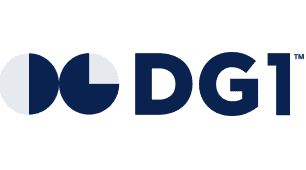When you see companies making profits using customer data, how does that make you feel? Do you feel disgust and anger at their corrupt practices? Do you feel they shouldn’t be trusted?
I don’t blame you.
Big Companies, Big Data
In 2014, Facebook faced a massive backlash when it announced the implementation of a new feature in its app that allowed it to listen to user conversations. Facebook maintained it would only be used to identify TV shows and music playing in the vicinity, but many believe it has gone far beyond that.
Concerns were raised when the fine print on Samsung Smart TVs mentioned it could be sending recorded audio to third-party entities. But user tracking isn’t specific to Samsung’s Smart TVs – it’s a function of all Smart TVs.
Although these companies insist customer data is kept confidential and secure, information is a gold mine – often referred to as the new oil of the digital era. It’s hard to believe companies wouldn’t be using or trading information obtained from apps and TVs in some way, shape or form.
It was just brought to light that Facebook allowed data firms to gain access to 50 million American users' personal information. If this was going on since 2015, what else is going on without our knowledge?
Even if your information wasn’t being used for malpractice, a cyberattack can just as easily ruin the credibility of these companies (i.e. Sony, Yahoo).
The aforementioned cases are but a tiny glimpse into an endless pit of data-related controversy (i.e. Amazon, Target, Bose), so it’s no wonder so many small and medium-sized businesses (SMBs) distance themselves from the notion of profiting through data.
Unfortunately, that only serves to widen the gap between SMBs and megacorporations.
The Ethics of Big Data
Yes, we can focus on the sheer volume of sales or these companies’ net worth, but the bottom line is meeting customer demands through personalization and efficiency.
Having a wealth of information allows businesses to improve products and services on the fly. With customer expectations higher than ever in this day and age, it’s absolutely vital their demands be met with haste.
It’s important to understand there are different ways to use data.
One of which you already know (and probably have a strong disdain for) is the direct buying and selling of customer data – selling personal information to advertising and marketing firms. But the other one that often gets overlooked is the indirect method, which is the optimization of products and services through assessing customer preferences and behaviours. The key difference that makes it ethical is growing your business using customer data that you obtained through your own efforts, and keeping that information to yourself.
Data For Your Small Business
Imagine this scenario – you manage a small restaurant. One day, you see that ten customers left your establishment a bunch of 1 to 2-star ratings on TripAdvisor and Google. No doubt you’re going to figure out why that happened ASAP, as it will significantly impact your business.
Was it the food? The service? Is it some sort of smear campaign from competitors? Reading the comments, reaching out to these people and asking your staff what happened will help you get to the bottom of the issue. Even if customers aren’t leaving 1-star reviews, products and services can be improved further if consistent messages can be found among the mountain of feedback.
Another example was mentioned in a previous article: Would it make sense for a baker to send vegetarian customers e-coupons for meat pies?
In what world would that ever make sense? But this type of “common-sense” communication is only being implemented by 39% of online retailers. We need to keep in mind our customers could just as easily be going to another establishment to have their needs met. If people are frequently contributing to your business, would it not make sense to let them know you appreciate their continued support?
It’s like walking into your favourite café in the morning and the staff remembering your name, and knowing exactly how you like your espresso made (Let me guess – with two cream and two suga- wait … that’s something else).
If you’re on the business’ side, it’s possible to provide this type of personalized interaction for hundreds – thousands of customers, all through the effective and ethical usage of their information. What better way to express your gratitude to loyal customers than providing them with the personalized experiences they desire?
For your “customer first” business model, it’s imperative to utilize customer data. Not only will it improve the resilience of your business, it will greatly enhance those relationships you worked so hard to build.
Editor's note: This article was modified on March 22nd, 2018 to include Facebook's recent scandal involving Cambridge Analytica and Strategic Communication Laboratories, in addition to making some readabiltiy changes.
Tags: Data Ethics, Big Data


